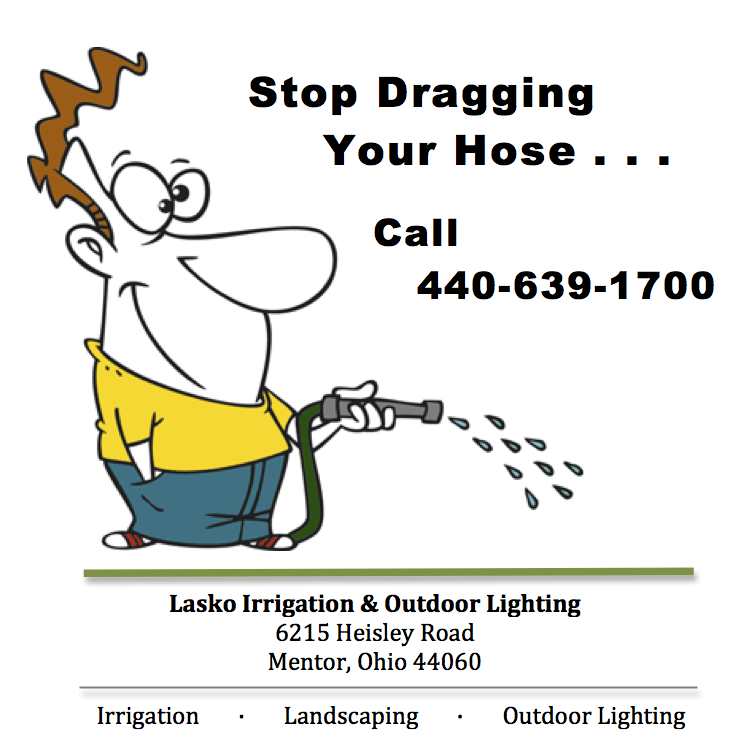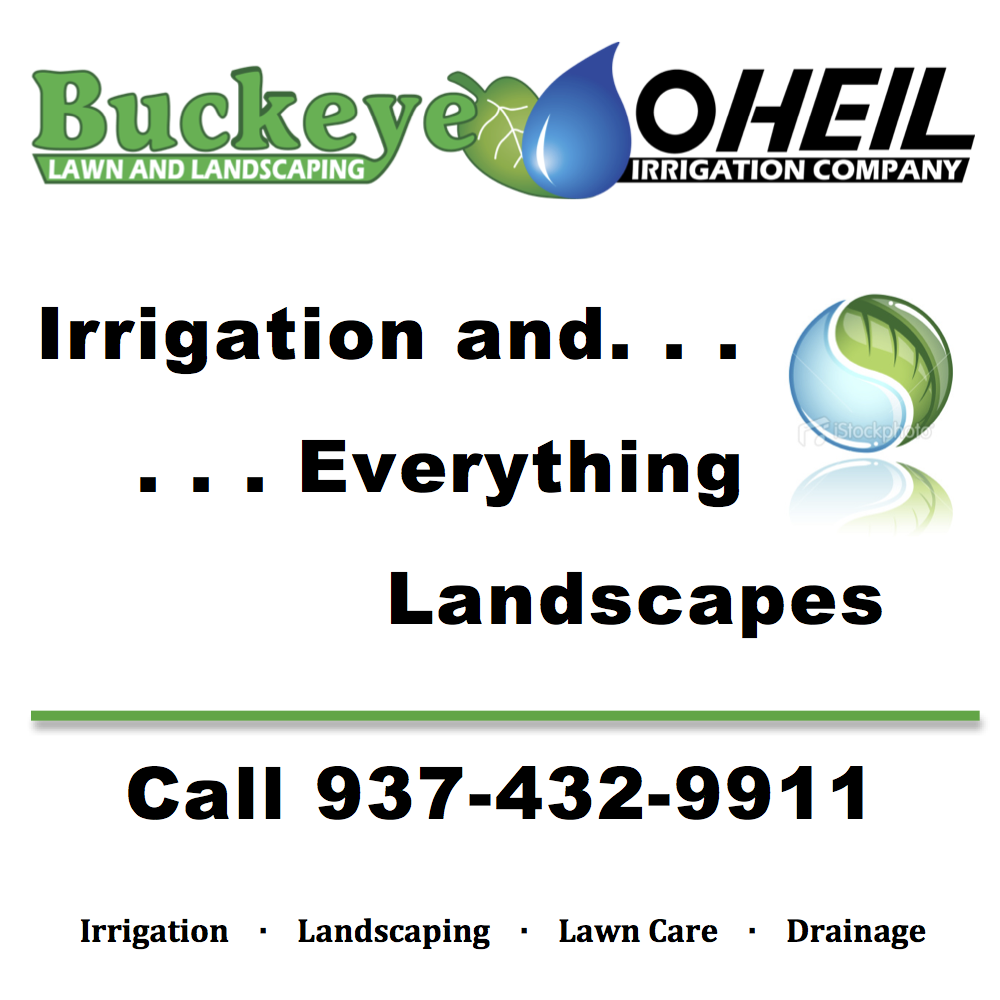
by Tom Barrett | Mar 24, 2020
Ohio Irrigation Association
Election Results
The Ohio Irrigation Association is pleased to announce the election of the following individuals as 2020 officers and board members:
Officers
- President – Jerrad Lee – Environmental Management Inc. (EMI)
- Vice President – Perry Bruggeman – Total Quality Horticultural Solutions
- Secretary – John Newlin – Quality Sprinkling Systems
- Treasurer – John Dolle – Rainscapes Irrigation
Board of Directors
- Kris Keckley – Rain One Irrigation & Drainage
- John Sink – Aqualon, Inc.
- Joe Twardzik – Wolf Creek Company
- JC Wheaton – Centerville Landscape & Irrigation, Inc.
- David White – The Pattie Group
Featured Image: Pixabay

by Tom Barrett | Mar 4, 2020
EPA’s Annual Fix a Leak Week Runs from
March 16-22, 2020
As an irrigation professional, what are you doing to combat water waste? If you’re not sure, then Fix a Leak Week is a great time to start!
According to the EPA, household leaks can waste more than 1 trillion gallons of water annually! That amounts to nearly 10,000 gallons of wasted water for the average household – enough water to wash 270 loads of laundry.
And just repairing a leaky toilet can save up to 500 gallons of water a day, the amount needed to fill the average backyard swimming pool.
Plugging Those Leaks!
Fix a Leak Week is the perfect time to check for leaky kitchen and bathroom faucets, malfunctioning toilets and errant irrigation systems. Let your customers know that, by fixing some of these easily corrected household leaks, they can save about 10 percent on their water bills!
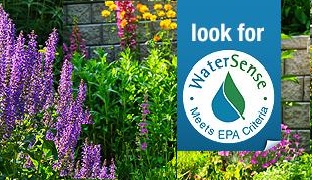
Are You WaterSense Certified?
Have you taken the time to become WaterSense certified? If not, why not?
Certification entitles you to exclusive EPA benefits. Such as:
- Inclusion in the WaterSense online Directory of Certified Professionals.
- Work opportunities for new home projects, federal facilities, and LEED® projects.
- Use of the WaterSense promotional label on business cards and marketing items.
- Increased exposure to customers through national recognition from EPA as an environmental steward.
- Access to helpful tools and materials created by EPA.
Interested? Click Here.
Here are a couple of ways to identify water leaks:
 Take a look at the water usage during a colder month, such as January or February. If a family of four uses more than 12,000 gallons per month, there are some serious leaks.
Take a look at the water usage during a colder month, such as January or February. If a family of four uses more than 12,000 gallons per month, there are some serious leaks.
 Check the water meter before and after a two-hour period when no water is being used. If the meter changes at all, there’s probably a leak.
Check the water meter before and after a two-hour period when no water is being used. If the meter changes at all, there’s probably a leak.
Some Easy Fixes
There’s also a simple way to identify leaks in a toilet. Place a drop of food coloring in the toilet tank. If the color shows up in the bowl after 10 minutes, you have a leak. (This problem can often be fixed by simply replacing the flapper.)
Most faucet leaks can be fixed by replacing old and worn faucet washers and gaskets. For leaky shower heads, use pipe tape to secure the connection between the showerhead and the pipe stem.
For the EPA’s complete list of leak fixes, click here.
Calling All Irrigation Professionals!
Did you know, an irrigation system leak as small as 1/32nd of an inch in diameter (about the thickness of a dime) can waste about 6,300 gallons of water per month!?
Remind your customers that a residential irrigation system should be checked each spring before use to make sure it wasn’t damaged by frost or freezing.
If you’re WaterSense certified (see sidebar, above right), let them know that you’ve passed a government-approved certification program specifically focused on water efficiency. Not only can you help detect and correct leaks for them, but you can also make sure their systems operate as efficiently as possible.
Sources:
Featured Image: Adobe, License Granted
EPA
The Washington Post
Water Use It Wisely
Water News Network

by Tom Barrett | Feb 5, 2020
The Right Sprinkler Head for the Job
Ever since the 1970s, irrigation experts have been debating the merits of the rotor sprinkler head vs. the spray head.
Of course, each job site presents its own challenges and requirements. But there are some general situations that make either spray heads or rotor heads the best choice.

Pixabay Image
According to Pete Diebolt, president of Diebolt Landscape in Mohnton, Pennsylvania, the type of head selected is dictated by the irrigation system design. “The heads are going to have all different lengths of throw and uniformity coefficient. The distribution pattern, wind, slope and other design factors would have a bearing on the size nozzle and how to program the zones to run,” Diebolt said.
The system design already takes into consideration a host of environmental factors: wind or shade, elevation changes, the square footage of the area to be watered, etc. After that, choosing between a spray head and a rotor head comes down to a few other factors.
Let’s explore the advantages and disadvantages of each.
Spray Heads
More properly called “fixed spray heads” these heads are smaller and spray a fan-shaped pattern of water. Nozzles are typically interchangeable and determine the pattern and radius of the water throw (e.g., half circle, full circle, etc.) Specialty patterns are also available for long, narrow areas.
–Article Continues Below–

Hindsite Software Infographic
Spray heads are usually spaced up to 18 feet apart. Water pressure must be between 20 and 30 PSI of for these heads to operate properly. Note: most spray heads start to create lots of mist at pressures above 45 PSI, resulting in poor sprinkler performance.
Spray Head Advantages
Designed for smaller areas, spray heads will disperse more water in a shorter period of time. So they’re a good choice for areas near patios or other hardscaping that is not intended to get wet.
 While spray heads are less expensive than rotors, their installation requires more pipe, trenches and valves.
While spray heads are less expensive than rotors, their installation requires more pipe, trenches and valves.
Justin Moseley is the irrigation manager for Nelson Landscaping in Edmond, Oklahoma. He believes spray heads definitely have their place.
“For flower beds, we use nothing but pop-up spray heads. If it’s a smaller area, from eight to 20 feet, we’re doing spray heads,” he said.
Spray Head Disadvantages
Spray heads are more prone to clogging then rotors, so they often require more maintenance, Moseley said. “In Oklahoma, we have hard water that causes calcium deposits to build up in the nozzles. About every five years, depending on water quality, you’ll have to replace the internal filter on that nozzle.”
Rotor Heads
Rotor heads utilize changeable nozzles that emit water as a single stream over an adjustable. Best example is the “impact” rotor sprinkler, which makes a distinctive ticking sound. But impact rotors are quickly being replaced by quieter, smaller, gear-driven rotors.
The rotor sprinkler head is much more flexible when it comes to spacing; they can be spaced from eight to 65 feet apart. Bear in mind that traditional rotors spaced more than 20 feet apart require much greater water pressure than spray heads — 45 psi, with an operating range of 25 to 65 psi.
Rotor Head Advantages
Rotor heads are usually the better choice for larger areas of turf. They have a low precipitation rate, so they will evenly cover more area over a longer period of time.

About Rotary Nozzles
While the terms “rotor” and “rotary” are often used interchangeably, they really are two different mechanisms.
“Rotor” is a general term that describes the various types of sprinklers that rotate streams of water back and forth or in circles over the landscape.
Rotor heads emit a single stream of water as they rotate.
“Rotary” heads produce multiple streams of water that rotate around the nozzle, resembling rotating spider legs. Depending on the mode, rotary heads have a general radius between 15 and 35 feet.
Compared to standard rotor heads, rotary heads are very small — the same size as the standard nozzle on a spray-type sprinkler. So they fit onto the smaller spray head pop-up bodies.
But these heads produce much less mist than standard spray heads, making them more efficient, and often promoted by water conservation agencies.
“Rotors are used in applications where large areas of turf need to be irrigated, and greater coverage distance is needed, such as on athletic fields,” said Kelsey Jacquard, product manager at Hunter Industries.
And because they allow more time for water absorption, they’re ideal for slopes. With a larger head than spray-type models, they easily provide more coverage, according to Diebolt. “The coverage might be three or four times the square footage. Labor savings is incredible,” he said.
Rotor Head Disadvantages
Rotors and rotary nozzles require less pipe and trenches, but the rotors themselves are more expensive than spray heads.
In addition, rotors may take longer to install than spray heads because their ultimate positioning is not immediately evident, according to Moseley.
“You have to set them and then recheck them after they’re installed. Whereas with pop-up sprays, once I flush them out, I can set a nozzle and know which way it’s going to spray. Be it a fixed or adjustable nozzle, I can set it where I don’t even have to have water running through it to be set. Rotors need a little more fine-tuning,” he said.
Rotor heads are also spaced further apart, so the material cost can be a little more than that of a spray head, Diebolt added.
Rotor or Rotary?
When determining whether to use a standard rotor or rotary nozzle (see sidebar), Jacquard offered this general rule of thumb: “Distances under 15 feet are best irrigated by rotary nozzles, and distances above 35 feet, by rotors. In between those distances, what type of sprinkler head to use is a matter of preference by the designer or contractor.”
Customer Education
For both rotors and spray heads there are plenty of product options. The challenge can be in educating the customer on their individual benefits.
“The cost difference between them is significant, so it’s important to educate the customer on why you are going with triple the amount for one head versus the other,” Moseley said.
Sources:
Featured Image: Pixabay
Lawn & Landscape
Irrigation Tutorials
Irrigation & Green Industry

by Tom Barrett | Jan 8, 2020
Snow Removal Can Help Keep
Your Business Afloat in Winter
Snow and ice removal is an alluring business for landscape and irrigation contractors who need to keep their people and equipment employed once the temperatures drop.
Should you consider adding snow removal to your menu of services?
Nearly three-quarters of professional snow removers are landscape contractors during the warm weather, according to Lawn & Landscape magazine. And of the 294 members of the Ohio Landscape Association, 61% offer snow removal services.
But only one-fourth of Ohio Irrigation Association members advertise snow removal services on their websites. If you don’t currently provide snow removal, there are several reasons why you may wish to consider including this service in your portfolio.
No Business Like Snow Business
Clients want a single source for all their property maintenance needs. Adding snow and ice removal to your services allows you to touch base with current customers during the winter. It can also help get your foot in the door with new property owners.
Of course, the snow and ice removal business is either feast or famine, since it all depends on Mother Nature. In addition, snow and ice services can be just as large and complex as any landscape or irrigation project.
But savvy contractors can still find ways to turn a winter profit by establishing sound operational procedures and business systems.
John Allin, a snow and ice consultant based out of Erie, Pennsylvania, says that snow removal can be a very profitable business. “It actually has a much higher margin than landscape or irrigation work, generally speaking,” he said.
–Article Continues Below–

In return for your time and effort, you’ll create a new profit center, while keeping your most valuable employees, and staying connected with your clients throughout the winter months.
Costs and Contracts
Allin thinks contractors should treat the snow removal component of their business as a separate entity, with its own set of expenses and its own revenues.” The primary costs to consider when getting into the snow removal business are:

- Equipment (plow, snow blower, salt sprayer)
- Labor
- Fuel
- De-icer
- Truck and plow maintenance
- Increased insurance premiums
Also, keep in mind your vehicle(s) will need to be replaced every 10-15 years, depending on frequency of use.
You can address the “feast or famine” concern of snow removal by offering a few different types of contracts. Customers with flat-rate contracts will pay a single fee for the whole season, whether it snows 10 inches or 10 feet. Others may pay for each visit, or for the number of inches of snow removed (“per-push” contracts).

Ohio Average Annual
Snowfall Data
| City |
Avg. Snowfall |
| Akron |
47.4″ |
| Cincinnati |
11.2″ |
| Cleveland |
68.1″ |
| Columbus |
27.5″ |
| Dayton |
12.3″ |
| Toledo |
37.7″ |
| Youngstown |
62.8″ |
Source: Current Results
Doug O’Bryan, owner of O’Bryan Grounds Maintenance in Akron, Ohio, covers his costs with a mix of contracts: about 30% flat rate to 70% per-push. He said he’s learned to be discerning about his clientele. “We probably get about a quarter of the work we quote,” he said. “If we’re getting it all, then we’re quoting too low.”
Chris Beutz, a Minnesota contractor, took a while to strike the right balance of flat-rate contracts to per-push jobs for his business. “We don’t want to have 80 or 90 percent flat-rate contracts, because if we have a snowy winter then we lose money pretty easily. On the other hand, we don’t want to have all per-push, because then if there’s no snow for a month, you have no revenue, and how are you going to pay your fixed costs?” Beutz found that a 2:1 ratio of flat-rate to per-push tends to cover his costs.
Another primary consideration for O’Bryan is a client’s location. “If I already do two or three plazas on a corner, I want to get the rest of the work on that corner,” he said. “Because if we have a loader stationed nearby, and it’s only seeing two or three hours of use, if we can get some nearby accounts and use it for four or five hours, all the better.”
A Well-Trained Crew Is Key
“Train your crew like you would train your landscape or irrigation techs,” says John Allin. “You wouldn’t send a guy that you just hired out to repair an irrigation system; you can’t do that with plow guys either.”

Creative Commons Image by Arlington County
Of course, snow plowing is often a time-sensitive, graveyard-shift job. And the hours are often long and hard.If your customer’s parking lot must be cleared before 9 a.m., your crews need to be geared up and out the door at 3 a.m.
Still, things happen, so you’ll need to be prepared for all eventualities.
“Anything you can plan for, or write down ahead of time saves you that extra worry when things go wrong,” O’Bryan said. “We expect a certain number of absences, so we have a certain number of extra employees on standby. They might not go out, but a lot of times they do.”
Why Not?
So if your irrigation or landscape business struggles at this time of year, we suggest you consider offering snow and ice removal. Who knows? It may be just what your business needs to sail through the long months of an Ohio winter.

Giphy.com Image
Sources:
Featured Image: Pixabay
Lawn & Landscape
Irrigation & Green Industry
How to Start an LLC

by Tom Barrett | Dec 4, 2019
Service Contracts Can Get Your Business Through the Seasonal Slump
“If not for maintenance, I wouldn’t be in business today.”
That’s how one irrigation contractor recently described the value of maintenance services for his business. At this time of year in particular, maintenance can be the key to survival in the landscape irrigation industry.
Beyond Winterization
 No doubt you are already offering winterization and spring start-up services to your new and existing customers. But an irrigation service contract would go beyond that.
No doubt you are already offering winterization and spring start-up services to your new and existing customers. But an irrigation service contract would go beyond that.
With a service contract, customers pay you a monthly fee to perform general maintenance on a regular basis. By offering your clients an annual service contract, you can augment your month-to-month income by maintaining irrigation systems year-round.
It’s a great way to provide your business with a stable, reliable income while also keeping your customers’ irrigation systems in tip-top shape. And a service contract can save a customer large sums of money in repairs. So it’s a win-win for both you and your clients.
Service Contract Do’s and Don’ts
- Do: Try selling service contracts on every install.
- Do: Make it easy for customers to see the cost of adding a service contract.
- Do: Explain the value of a service contract to customers who need help.
- Do: Stay in touch with customers who don’t yet have service agreements.
- Do: Explain the bottom-line costs with and without a service contract.

- Don’t: Hesitate to offer a service contract to existing customers.
- Don’t: Assume some customers aren’t candidates for service contracts.
Source: Commercial Integrator
Services to Include
In addition to winterization and spring start-up, maintenance services offered in your contract should include programming controllers to prevent over-watering in November and under-watering in July. Most clients would not make this adjustment on their own, but it can save a significant amount of water – reducing their water bill and helping the environment.
 You’ll also want to include the following services:
You’ll also want to include the following services:
- Inspecting the controller and ensuring it’s plugged in and functioning.
- Updating the time and date.
- Checking the connection on all of the wires and ensuring that rain, wind or soil-moisture sensors are connected.
- Replacing the back-up battery.
- During times of drought, changing the watering schedule to reflect the allowed watering days and times.
- Adjusting the Seasonal Adjust or Water Budget on the controller. (This can save up to 60% of the water used over the “set and forget” schedule.)
- Turning on each zone and checking for system damage such as:
-
-
-
- Leaking valves or pipes
- Broken or missing heads
- Clogged nozzles
- Seal leaks
- Sunken heads
- Tilted heads.
The Bottom Line
So while winterization and spring start-up are both important, think of them as components in a full array of services which you can provide to your customers through an irrigation service contract. Armed with education and training, year-round irrigation system maintenance can be a natural add-on service opportunity, resulting in happy clients and a more lucrative bottom line.
Need Help?
 Do you need help drafting a service contract for your landscape irrigation business? There’s plenty of help online. Check out the following links:
Do you need help drafting a service contract for your landscape irrigation business? There’s plenty of help online. Check out the following links:
Sources:
Turf Magazine
Alliance for Water Efficiency
Commercial Integrator
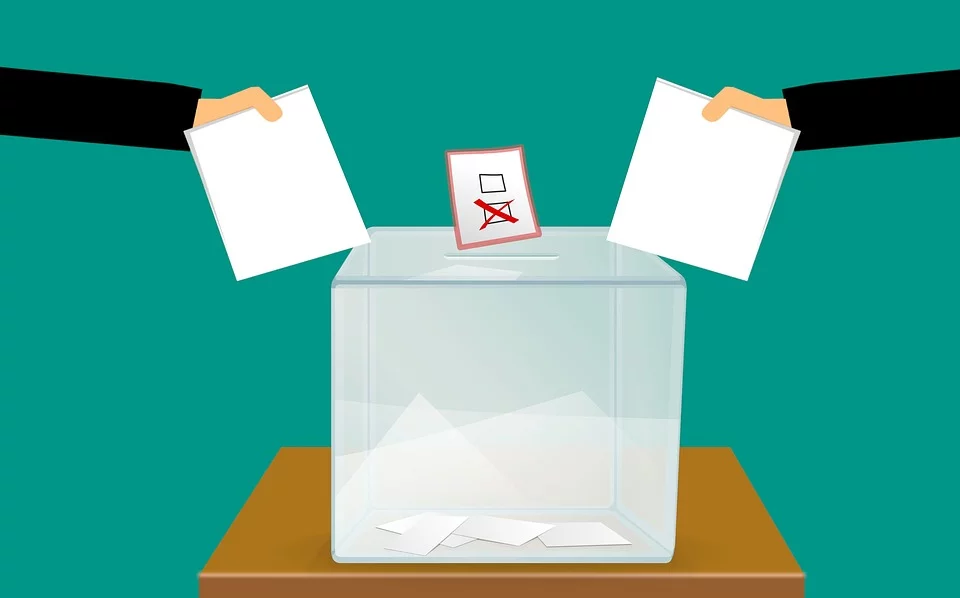
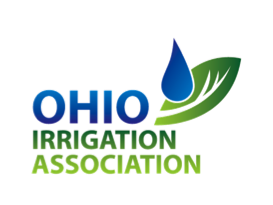


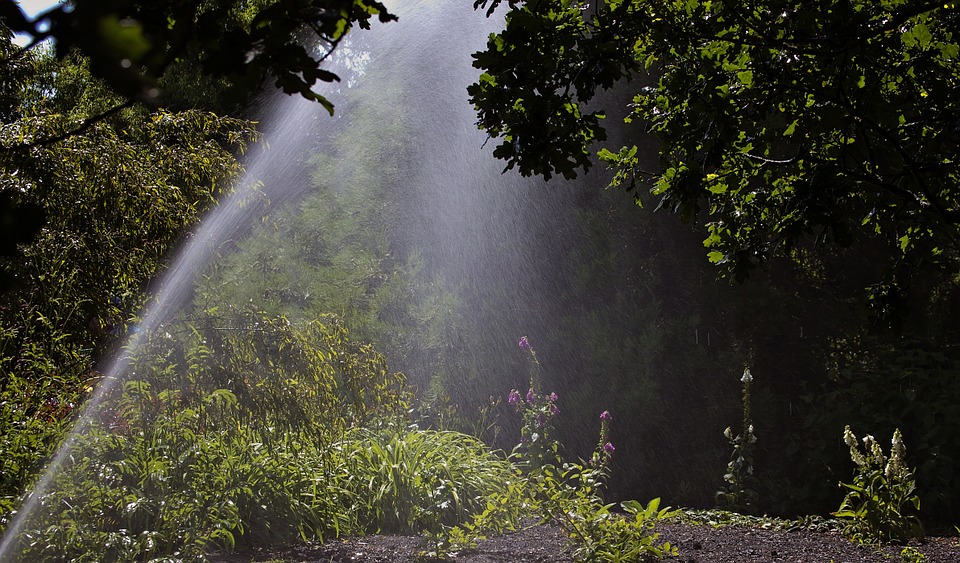
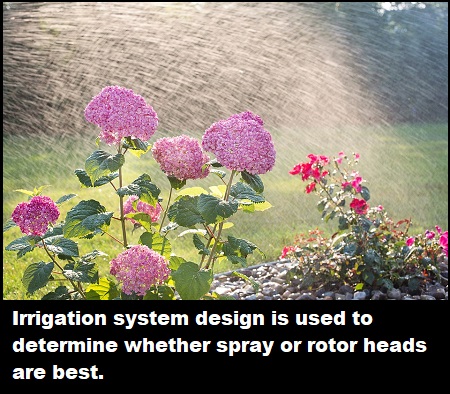

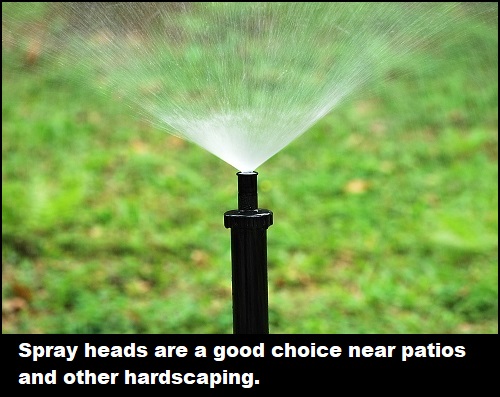 While spray heads are less expensive than rotors, their installation requires more pipe, trenches and valves.
While spray heads are less expensive than rotors, their installation requires more pipe, trenches and valves.
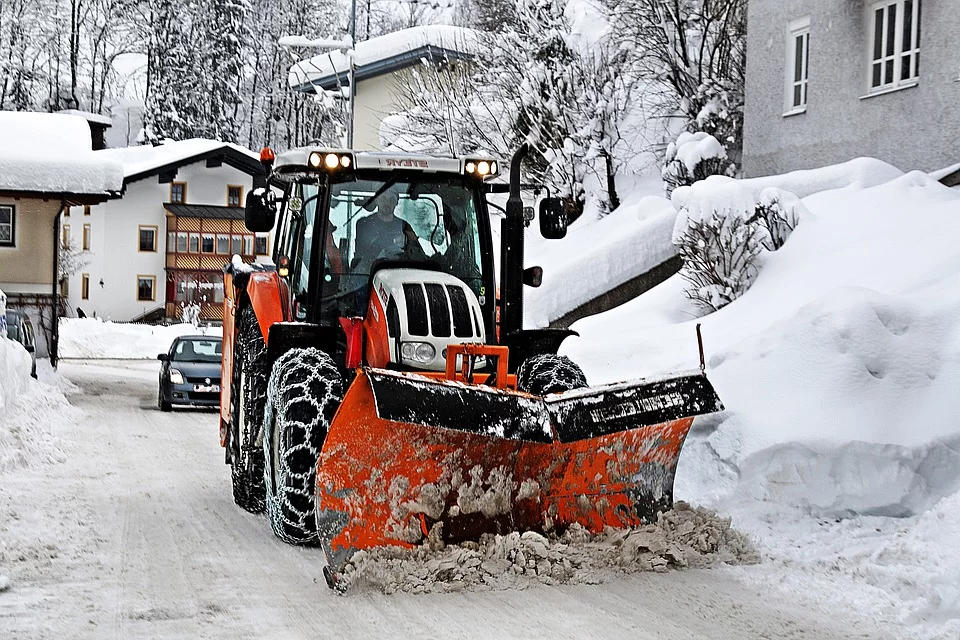
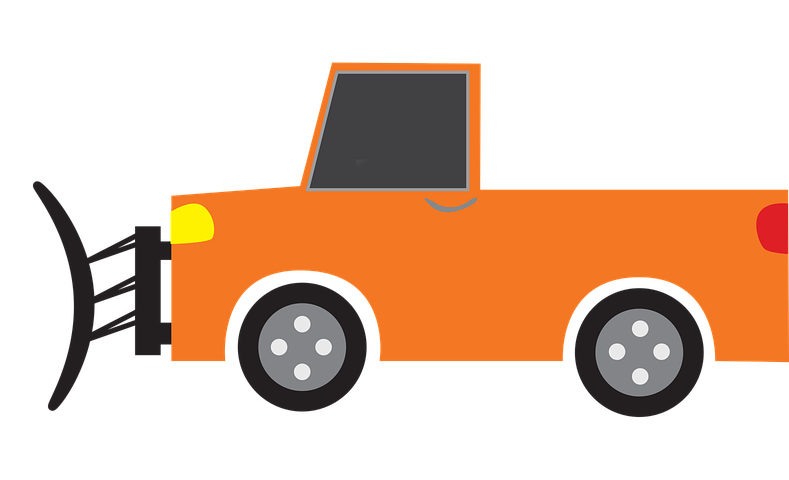

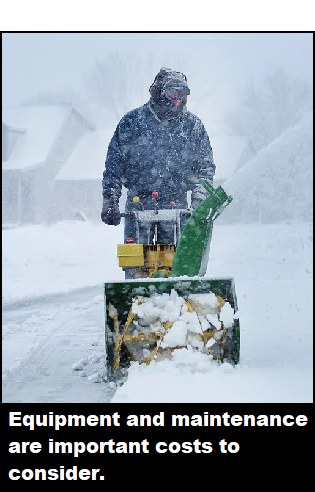
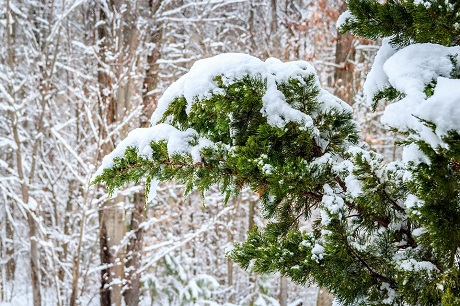
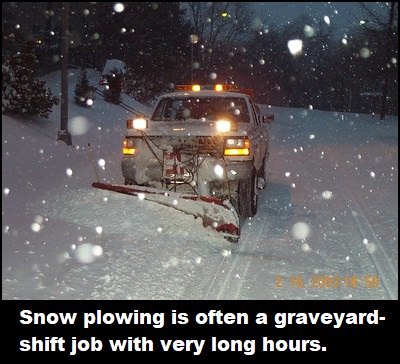


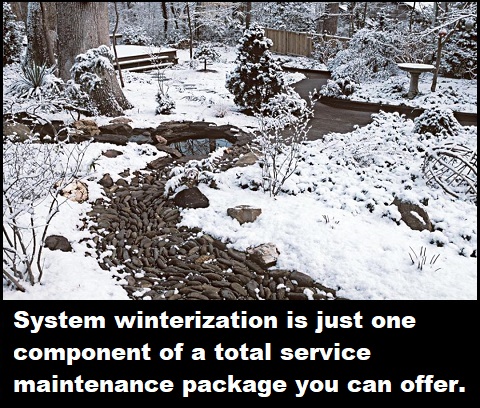 No doubt you are already offering
No doubt you are already offering 
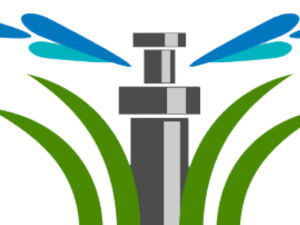
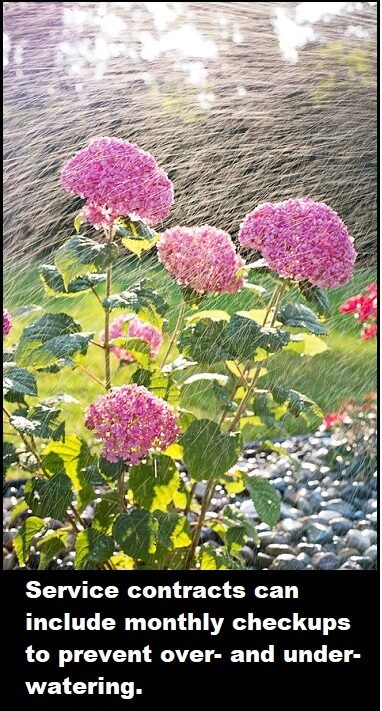 You’ll also want to include the following services:
You’ll also want to include the following services: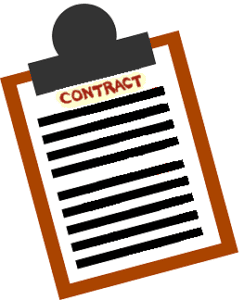 Do you need help drafting a service contract for your landscape irrigation business? There’s plenty of help online. Check out the following links:
Do you need help drafting a service contract for your landscape irrigation business? There’s plenty of help online. Check out the following links:
